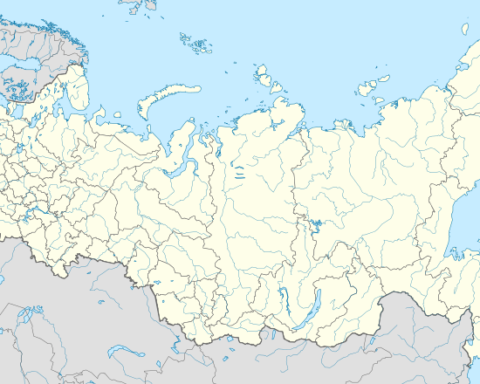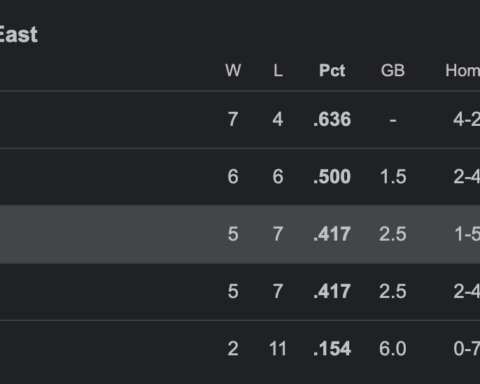It’s easy to look at global problems and pretend they are not your own. The easiest possible mentality to have about big world problems is, “Well, I’m one person. I can’t change anything.”
I used to feel that way about the clothing industry. I was vaguely aware that a lot of my clothes were made in faraway, developing countries, and that probably a lot of people were exploited so I could wear the clothes I thought were cool. Just last semester, my wholly good roommate decided to start shopping only fair trade clothes. She explained to me that fair trade clothes are made in developing countries, but under better conditions, with fair wages and greater opportunities than free trade clothes.
I condescended to her because, to me, one girl changing her shopping habits couldn’t change the exploitation of hundreds of thousands of workers. She told me that my mentality was part of the problem. I didn’t agree.
Recently, however, thanks to my ‘The Good Life’ class, I’ve realized my roommate was right. The exploitation of workers in distant countries by massive corporations might seem like a vague, large concept, but to these workers, it’s real life. Many workers live in squalid conditions and are never given the opportunity to move up in the world. Children are left without educations, and workers are exposed to hazardous work conditions so we, the greedy consumer, can buy as many leggings, T-shirts, jeans and sneakers as possible. It’s an industry that appeals to the greed that runs so rampant in our society, and it bogs down and breaks people in distant countries. We don’t consider them because we can’t see them.
So, the solution is simple: stop buying into this system. Stop replenishing your wardrobe every season. Buy clothes made in America, or clothes from licensed fair trade outlets. Educate yourself on worker abuse in developing countries, and understand that our shopping patterns contribute to the rampant abuse.
Clothing brands such as Patagonia, noted for its athletic clothing; Maymiko, a women’s brand; and Industry of All Nations, which sells mid-range priced clothes and accessories in the same ilk as Urban Outfitters are all fair trade organizations.
The world is ours to understand as we will, and it’s our duty to treat each and every person in the world with the respect we command for ourselves. If we continue this cycle of exceedingly greedy spending on clothing, we fail to respect those who work under degrading circumstances to get us our clothes.
mcelfrdh14@bonaventure.edu





